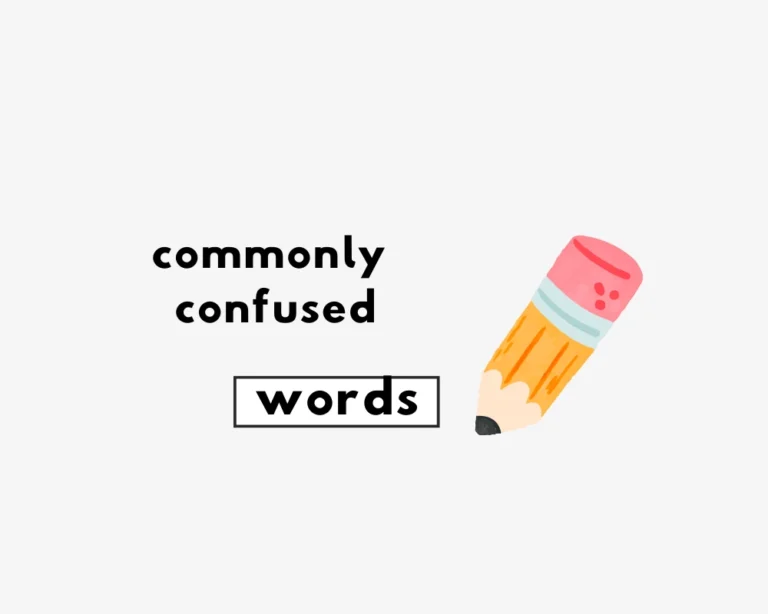All right vs alright: which is it?
How is the word-phrase all right/alright written, as one word or two?
What’s the difference between alright and all right?
The answer depends on the context in which you use the word/phrase.
The main difference is that all right is an adverb phrase, and alright is often used as an exclamation or exclamatory phrase, agreeing. Both spellings mean the same thing, and are pronounced similarly, but alright is informal, whereas all right is technically correct. In doubt, especially in formal writing, stick to all right as two words.
‘Alright‘ is extremely common, especially in casual text messages and in-person conversation or speech. Alright appears in fiction writing, songwriting and blogs; so for these purposes, it’s accepted to use alright, alright? In short, in everyday language and text, alright is completely all right. If it’s formal or business writing, use the two-word phrase, all right.
Using the phrase all right in sentences
| Sentences using all right |
| 1. She assured me that everything would be all right in the end.
2. Is it all right if I borrow your pen for a moment? 3. Despite the storm, the house held up all right and sustained minimal damage. 4. I hope you’re feeling all right after your surgery. 5. The meal turned out all right, even though I improvised with the recipe. 6. Don’t worry, it’s perfectly all right if you need more time to finish the project. 7. The teacher said it was all right to ask questions during the lecture. 8. Are you sure you’re all right to drive? You seem a bit tired. 9. The party was a lot of fun, and everything went off without a hitch. It was all right by me. 10. It’s not the best solution, but it will do for now—it’s an all right option. |
Practice using the verb in different tenses with example sentences to memorize the correct forms.
Examples of alright in a sentence
| Sentences using alright |
| 1. Don’t worry, everything will be alright in the end. 2. Is it alright if I bring a friend to the party? 3. Despite the setback, the team performed alright during the match. 4. He didn’t feel completely alright after the long flight. 5. The concert was alright, but I expected more energy from the performers. 6. It’s alright if you don’t have the exact details now; you can provide them later. 7. She looked a little tired, but she assured us that she was feeling alright. 8. The cake turned out alright, even though I accidentally used salt instead of sugar. 9. The presentation went alright, though I stumbled over a few words. 10. The movie was just alright; it didn’t leave a strong impression on me. 2. Is it all right if I borrow your pen for a moment? |
Synonyms of the exclamation all right or alright
- fine
- good
- okay
- right
- yes
- agreed
Synonyms of the adverb all right/alright
- satisfactory
- acceptable
- adequately
- good enough
- fine
- passably
- ok
Origin of the word/phrase all right (alright)
From etymonline, all:
Old English eall “every, entire, the whole quantity of” (adj.), “fully, wholly, entirely” (adv.), from Proto-Germanic *alnaz …with no certain connection outside Germanic. As a noun, in Old English, “all that is, everything.”
From etymonline, right
Old English riht, of actions, “just, good, fair, in conformity with moral law; proper, fitting, according to standard; rightful, legitimate, lawful; correct in belief, orthodox;” of persons or their characters, “disposed to do what is good or just;” also literal, “straight, not bent; direct, being the shortest course; erect,” from Proto-Germanic rehtan (source also of Old Frisian riucht “right,” Old Saxon reht, Middle Dutch and Dutch recht, Old High German reht, German recht, Old Norse rettr, Gothic raihts), from PIE root Worksheet
Question 1 of 10Which is grammatically correct?
What makes a sentence grammatically correct?
Question 3: What is the main focus of this grammar content?
Question 4: Which is most important for proper grammar?
Question 5: Grammar rules help with:
Question 6: What is the main focus of this grammar content?
Question 7: Which is most important for proper grammar?
Question 8: Grammar rules help with:
Question 9: What is the main focus of this grammar content?
Question 10: Which is most important for proper grammar?
Which aspect is most important when learning grammar?
How can you improve your grammar skills?











